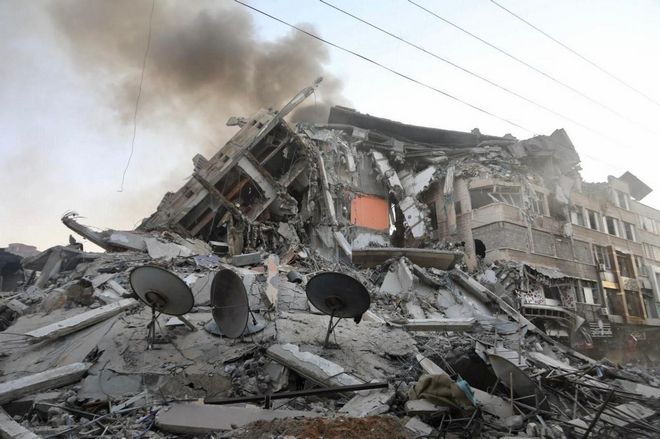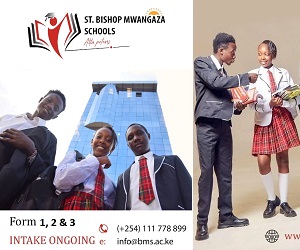The medical coordinator of Médecins Sans Frontières in Jerusalem, Dr. Natalie Thurtle, describes in a shocking way what she sees and lives in the last 24 hours of the escalation of violence in the region.
One of the first patients I saw was Aliya *. She shouts as we take off her jeans as softly as possible to examine her. It’s 12 years old. She has a dark bruise the size of a man’s fist on the top of her thigh. It is not a fist, it is a rubber ball. Aliya was shot while walking with her mother near her home . I ask her her weight, to calculate the right dose of analgesic that will relieve her pain. He weighs only 28 kilos and was shot. She can not walk, we are worried that she has a fracture in her thigh. We take her to the hospital for an x-ray.
My colleague Andy sews a 14-year-old boy, Walid. He was hit in the face by a rubber bullet, less than an inch from his left eye. He had the least luck not to lose his eye. A boy who was initially treated by the Palestinian Red Crescent and taken to hospital immediately lost his left eye to a similar injury. The image of this injury flashes in my mind as I watch Andy and Rajah, our Palestinian Red Crescent colleagues, skillfully take care of Walid’s face. No one accompanies the 14-year-old. He waits for a few hours as we watch the head injury. None of his relatives can come to see him. I wonder if the person who shot him thinks what it is like for a 14-year-old to lose his eye.
As the sun sets we share a meal with our colleagues. A little later, there is a mass influx of ambulances, 15 patients arrive within ten minutes, the team works quickly and effectively to treat the incidents and locate those who need to be transported immediately to the hospital. We see someone who has been injured in the neck, someone else with a gunshot wound to the lung. An older man with a head injury. He has a reduced level of consciousness and this makes us suspect bleeding in the brain.
I smell the skunk – clearly. A chemical that smells like a mixture of feces and rotten flesh. Israeli police fired water cannons. Maha, a young woman in a headscarf, is transported to a treatment ward. She was shot in the buttocks with a rubber bullet, then fell and injured her elbow after being shot, and was finally sprayed with liquid skunk while lying on the ground. It is everywhere on her face, in her handkerchief and in her clothes. He has vomited because the smell is so strong. She feels that she has lost all her dignity .. It is late and hot tears are running from my eyes, from the smell but also from seeing what they have done to this woman. I put all this aside and we start helping her.
We hear that ambulances have blocked the entrance to parts of the old city. We wonder if there are patients who have to come and can not. Suddenly another wave of wounded comes. We continue until the team of Doctors Without Borders arrives to do the next shift, while our colleagues from the Palestinian Red Crescent remain, they will stay overnight if needed.
I can not but refer to the incredible work of paramedical specialties that we work in parallel. They have been caring for victims of violence for days and successfully managing the complex needs of this vulnerable population for many years. There are no words to describe the impact of their work, the power and the light they bring.
The narrative that exists that those affected by this violence deserve it is somewhat wrong. The people I see and care for are children and women and men like me and my family. These people happen to be Palestinians.
On Monday, Médecins Sans Frontières began supporting the Palestinian Red Crescent in the Wadi al-Joz area of Jerusalem to assess the situation and stabilize hundreds of Palestinians who have been injured by Israeli police. Médecins Sans Frontières has been in the Gaza Strip for over twenty years and is ready to support local health authorities to provide vital medical care to those in need.
* All patient names have changed



